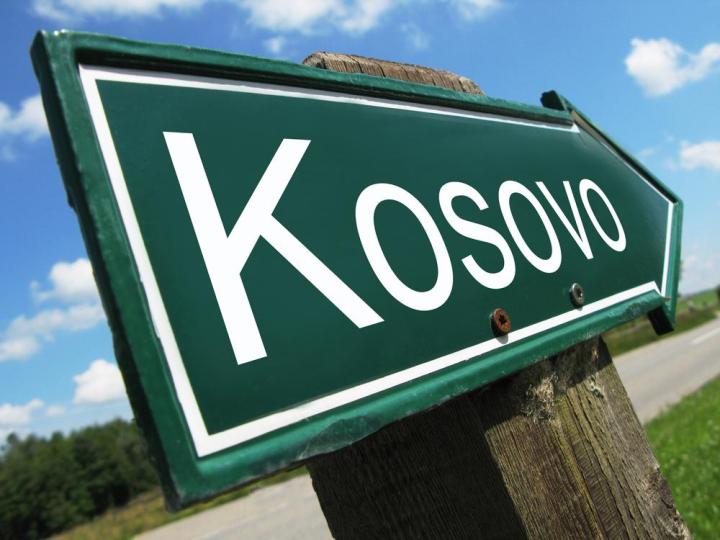
Facebook can be used for all sorts of things: Complaining about the weather, sharing links, saying stupid things about your boss. And now, we can add “declaring national sovereignty” to the list.
You read that right: Facebook recently recognized the disputed territory of Kosovo as a “country,” following a campaign by “digital diplomat” volunteers. That puts the social network in line with 105 countries around the world that view Kosovo, which declared independence 2008, as a full-fledged country.
Ordinarily, country status is more or less granted by the United Nations, of which Kosovo is currently campaigning to become a member nation. Unfortunately for the tiny region, membership requires approval from all five nations that are permanent members of the UN Security Council, which include the U.S., China, Russia, France, and the U.K. But neither China nor Russia recognizes Kosovo’s sovereignty.
While Facebook’s recognition might not be the same as the UN’s, Kosovo officials are still pleased at the status update. According to the BBC, Petrit Selimi, a deputy minister in Kosovo’s Foreign Affairs Ministry, is “ecstatic” about the Facebook upgrade.
Facebook, for its part, claims that its recognition of Kosovo as a country was not a company decision, but the result of its algorithms sifting through user-generated content to allow for more accurate check-ins.
“Locations that are suggested for check-ins and ad targeting are based on information we have received from user-generated content and third-party sources,” a Facebook spokesman told the BBC. So, as far as users go, the ability to check in from the “country” of Kosovo is really the only change – but a meaningful one at that.
Kosovo is but one of many regions around the world that remain stuck in the limbo between “country” and “not country” – including places like the Palestinian Territories, or just Palestine, depending on who you ask.
For an excellent primer on just how absurdly complex this whole national sovereignty thing is, check out the video below:
[Image via Pincasso/Shutterstock]

